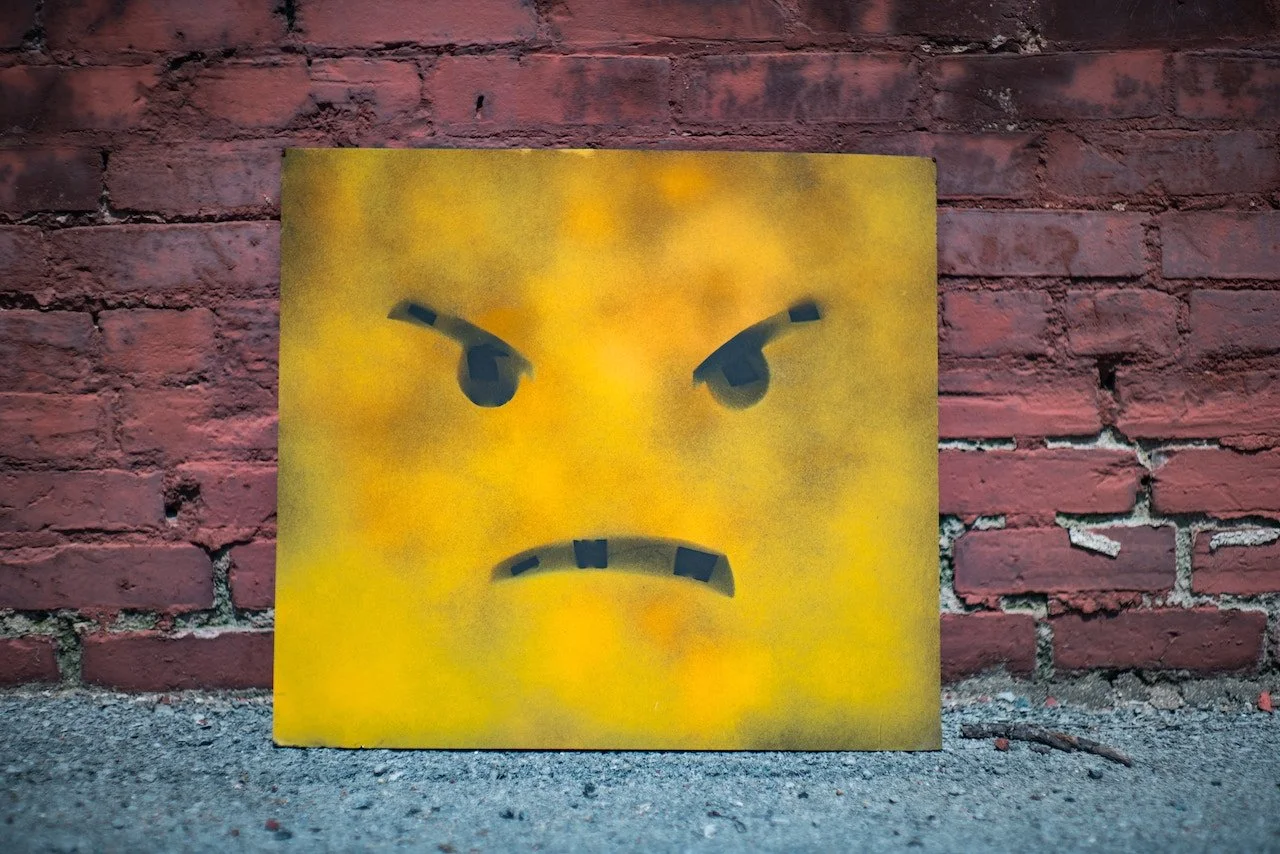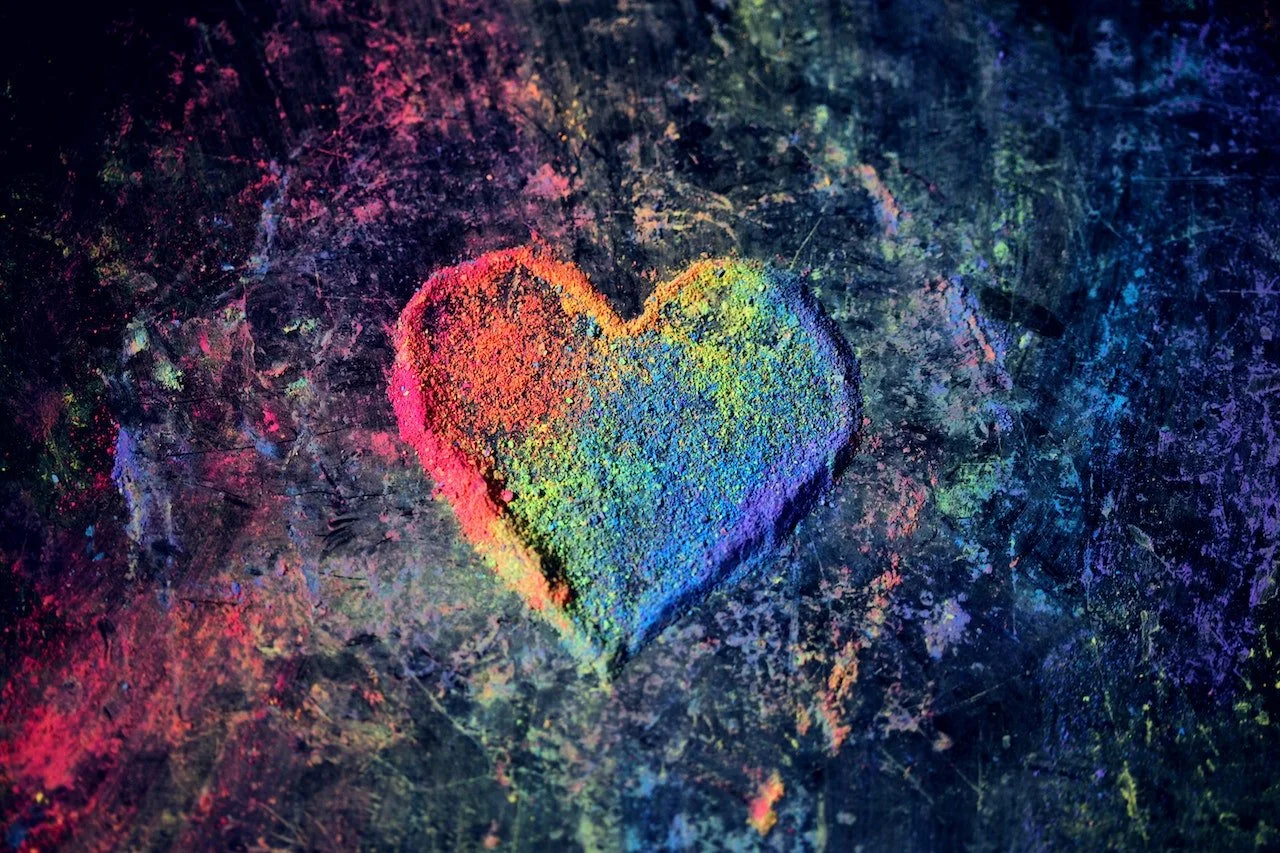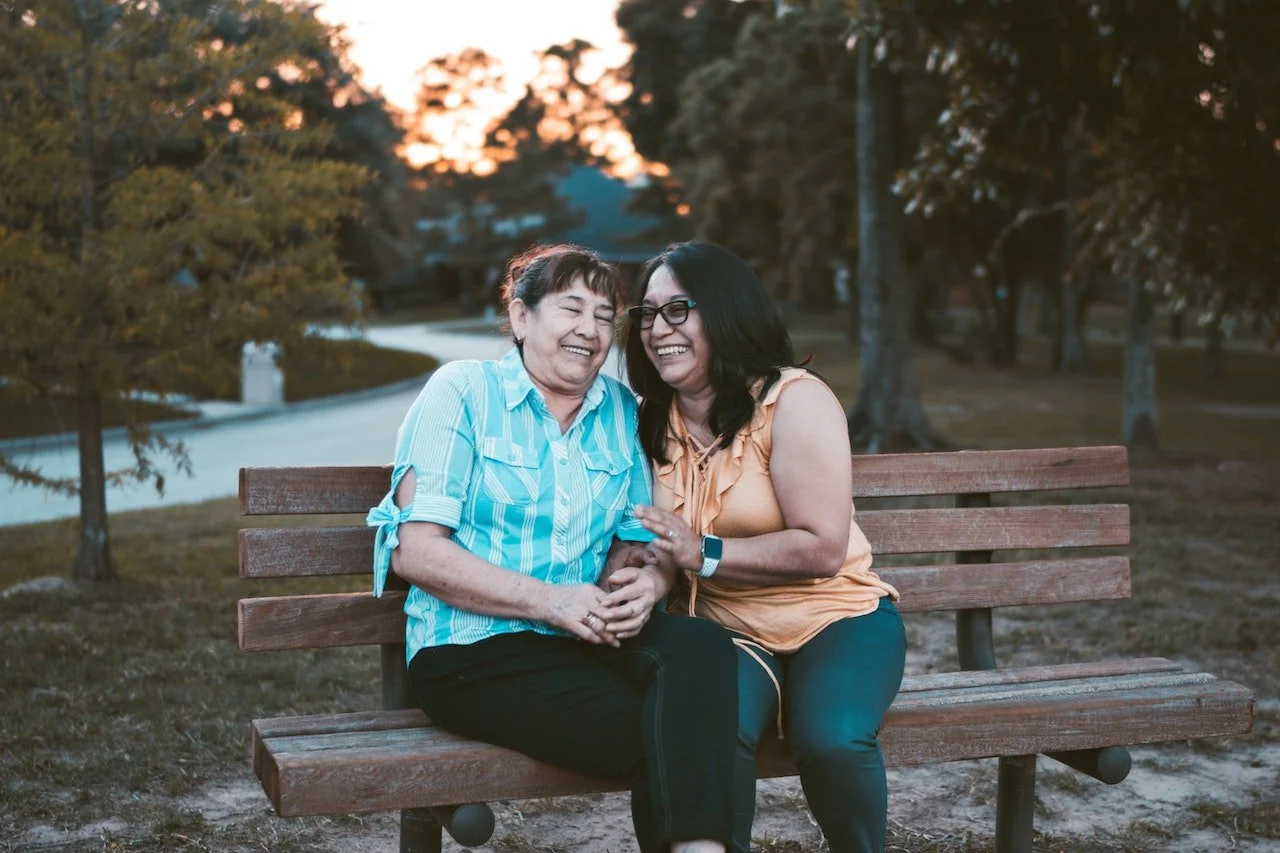Are you often emotionally reactive or feel chronically stressed? If so, you’re not alone. According to a 2024 survey by the American Psychological Association, 77 percent of American respondents reported experiencing significant chronic stress in their lives.
Stress is an emotional and physical reaction caused by our responses to life challenges. And while the increasing number and severity of current adversities affect us all, there is no universally accepted definition of stress and each person reacts differently. Our responses to stress vary based on our innate personality traits, experiences, circumstances, and our childhood conditioning and role models. What is overwhelming for one person may be embraced as a growth opportunity to another, while that same situation may have much less impact on someone else.





















